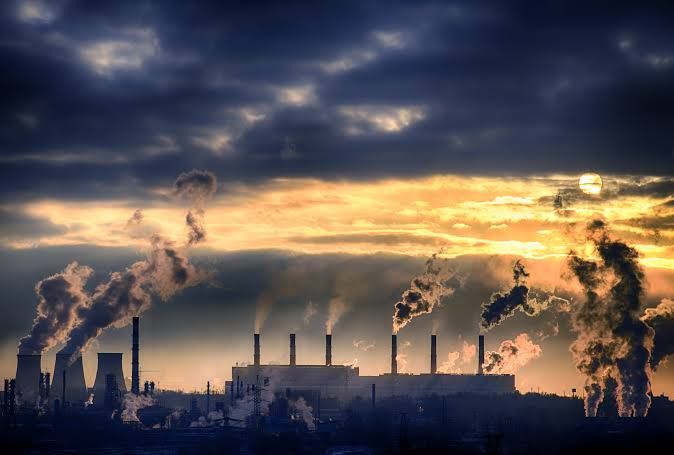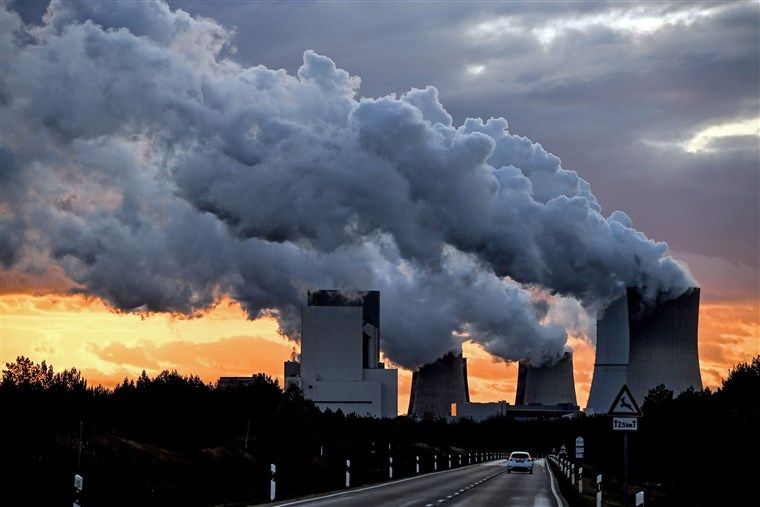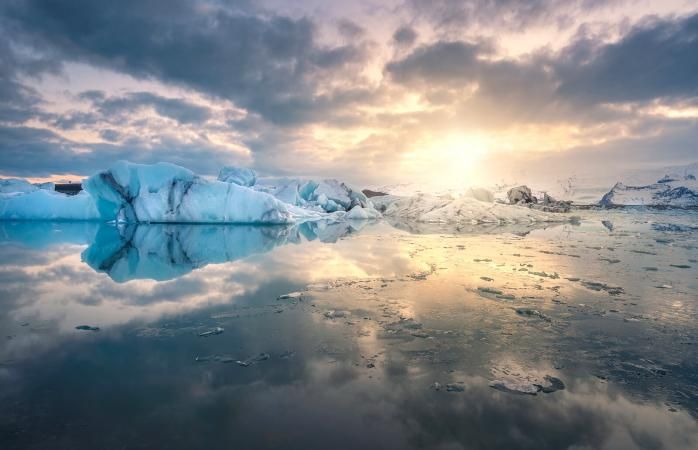Global Warming-No More A Prediction
Mar 25, 2019 • 31 views
Global warming is in the news. While scientists agree thattemperatures are rising, they disagree as to the causes and the rateof change. How much will temperatures rise, and howsoon and what will be the effects? There’s a lot we still don’t understand ,because climate is enormously complicated. So are
the factors that make the Earth habitable, of which temperature isonly one. For example, certain types of air pollution cool the atmosphere and thus might act as agents to offset globalwarming but they also make the air hard to breathe.

Because climate change is so complex, scientists are using all kinds of scientific data and models to try to figure out what’s actually happening.
WHY THE EARTH IS WARM:
The main natural greenhouse gases are water vapor ,carbon dioxide, and methane. Water vapor is the most significant, and without it the average global temperature would be well below freezing points.Humans have been adding increasing amountsof methane and CO2 to the atmosphere over the past 100 years. When these human-produced greenhouse gases warm theplanet, evaporation increases, and more and more water vapor is introduced into the atmosphere. Where in the atmosphere thisadditional water vapor goes and what kinds of
clouds it forms strongly influence how much additional warming is caused. These kinds of uncertainties make it hard to predict the effect of human-produced GHGs on global warming.
Much about the relationship between global temperatureand GHG levels remains unclear.

Potential Impacts of Global Warming:
During the summer of 1999, the eastern half of the United States experienced weeks of above 90s temperatures combined with extremely high
humidity and severe droughts. This led several states to ration both water and electrical energy.

The number of people whose deaths could be attributed directly to this massiveheat wave was over 200. This scenario
is an example of what we might expect in the twenty-first century as human emissions of greenhousegases cause additional global warming. While a rise in temperature of about 2°C may not seem great, that rise is an average over the entire Earth for an entire year.
We expect problemssuch as: reduced crop yields due to,droughts extreme storms as the Earth attemptsto “cool off,” local outbreaks of insect infestation or insect-borne diseases such as malariaand dengue fever, and freak weather
events such as massive ice storms rather
than ordinary snowfall.
